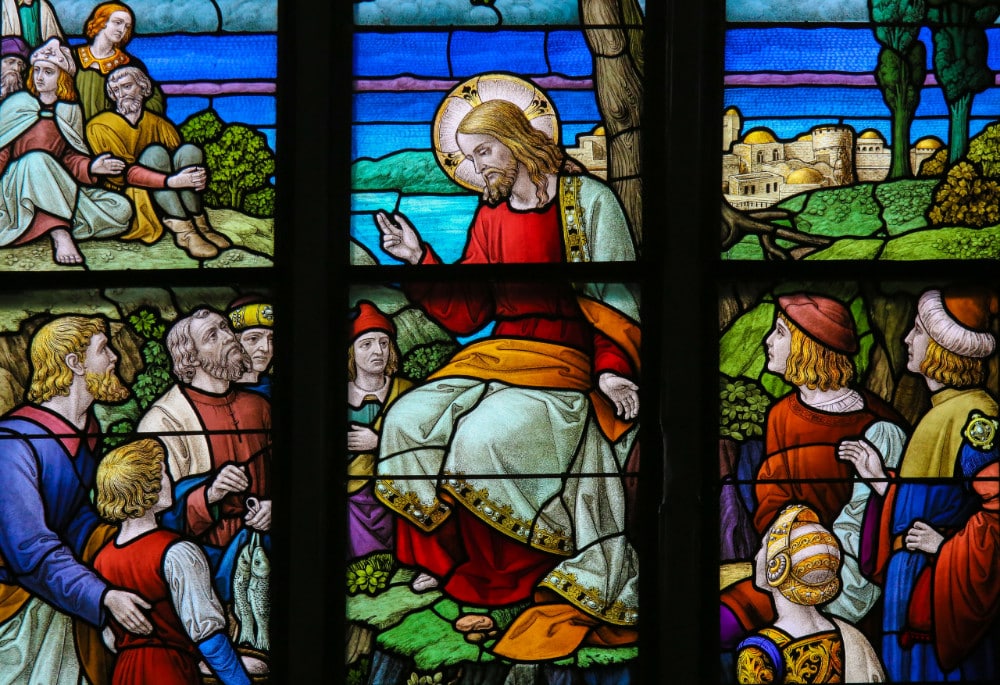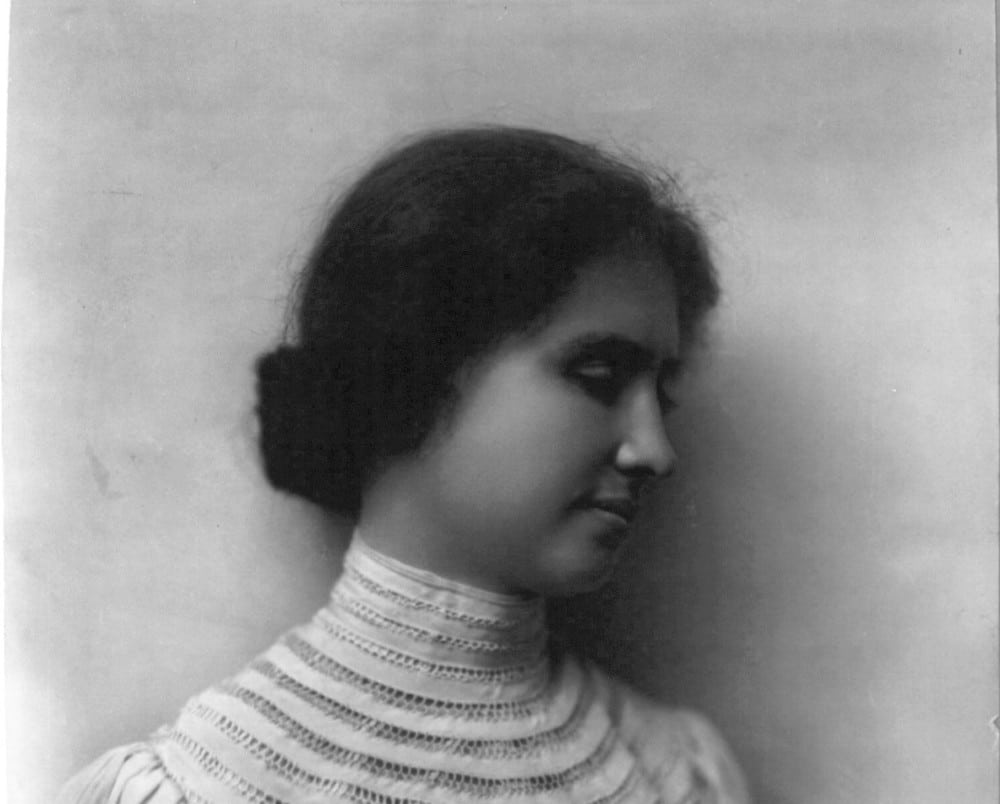 Question: Please help rebut the argument that Jesus on earth was not God because he emptied (kenosis) himself of equality with God.
Question: Please help rebut the argument that Jesus on earth was not God because he emptied (kenosis) himself of equality with God.
— Jim Jeson, via email
Answer: Kenosis means to empty oneself. What you describe is an extreme and heretical interpretation of something St. Paul wrote in the Letter to the Philippians: “Christ Jesus, who, though he was in the form of God, did not regard equality with God something to be grasped. Rather, he emptied himself, taking the form of a slave, coming in human likeness; and found human in appearance, he humbled himself, becoming obedient to death, even death on a cross” (Phil 2:5-9).
This text clearly asserts that Jesus, in assuming human form and appearance, humbled himself since, in being seen as merely a man by most, they did not regard his divinity. But this did not mean that he did set aside his divinity. As God, Jesus cannot simply stop being God since God is ipsum esse subsistens (the very act of “to be” itself). God cannot change, whether in regard to the one divine nature or to the triune communion of that nature. This is precisely the reason that the Lord took up a human nature. As God, Jesus could not change or suffer or obey. He could not, as God, obey since there is one divine will. Further God cannot suffer or change. By taking a human nature and a human will, Jesus can obey his Father with his human will as well as suffer and experience the changes of life. Yet Jesus often taught of his divine nature, saying that he and the Father were one (cf. Jn 10:30), and using name (I AM) for himself (cf. Jn 8:58). He was accused of blasphemy by making himself equal to God, and, at his trial before the High Priest, indicated that the nations would see him coming on the clouds of heaven (cf. Mk 14:62). Dozens of other examples are possible, but let these suffice.
There are a number of versions of the kenotic error. One holds that Jesus set aside his divinity at the Incarnation and recovered it only after the Resurrection. Another version says that the divine nature united itself to Jesus only at his baptism by John in the Jordan, and that the divine nature went away just before the Passion. There are some other variations of this, but the error is the same.
Pope Pius XII, lamenting the reemergence of this error, wrote the following: “This is an opinion for which a rashly and falsely understood sentence of St. Paul’s Epistle to the Philippians, supplies a basis and a shape. This is called the kenotic doctrine, and according to it, they imagine that the divinity was taken away from the Word in Christ. It is a wicked invention, equally to be condemned with the Docetism opposed to it. … St. Leo the Great wrote, ‘With the entire and perfect nature of man, He Who was true God was born, complete in his own nature, complete in ours'” (Sempiternus Rex Christus).
The proper interpretation of St. Paul’s words is that Christ did not empty himself of his divinity but was using God’s humility exhibited in the incarnation by becoming the servant of all and submitting to lawful authority, and as a call for Christians to be similarly subservient to others. Jesus himself says, “For the Son of Man did not come to be served but to serve and to give his life as a ransom for many” (Mk 10:45). And this is St. Paul’s point, not that the divine nature came and went or was surrendered in any way.
Piety and the Eucharist
Question: Are things out of sync? Greater reverence seems to be placed on Eucharistic adoration than on the reception of holy Communion. How should they be understood?
— Art Osten, Fox River Grove, Illinois
Answer: Your question is as much commentary as it is inquiry, but there surely is a truth in what you observe. Some of us who are older remember the days of longer fasts before communion, kneeling at the altar rail and receiving only on the tongue. It is a long way back to those days, which comport more with modern-day adoration since such practices remain “controversial” among liturgists and some bishops. The hoped-for revival in Eucharistic piety cannot come about with mere teaching that is not reinforced by pious acts. Actions speak louder than words — and have deeper impact.
Msgr. Charles Pope is the pastor of Holy Comforter-St. Cyprian in Washington, D.C., and writes for the Archdiocese of Washington, D.C. at blog.adw.org. Send questions to msgrpope@osv.com.







